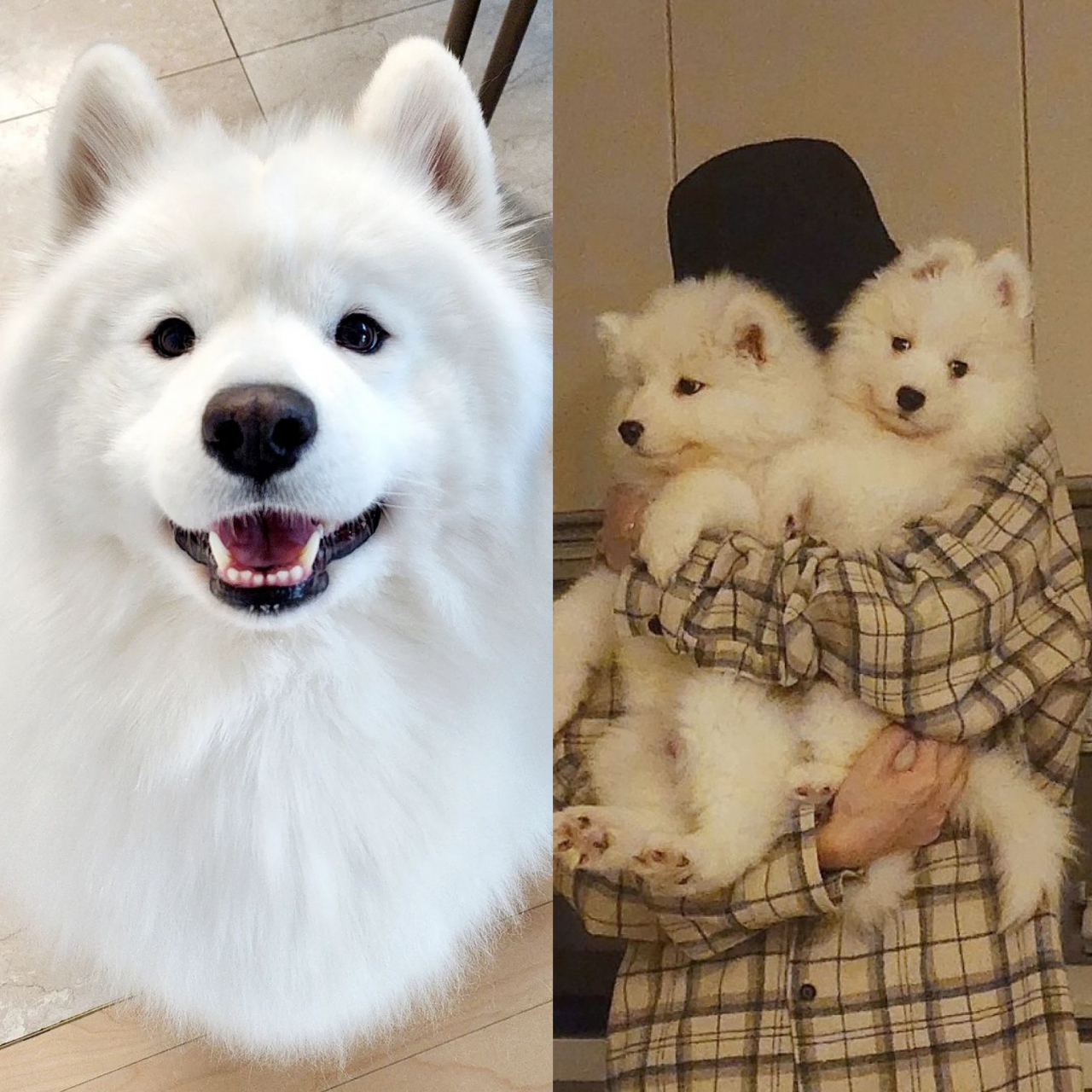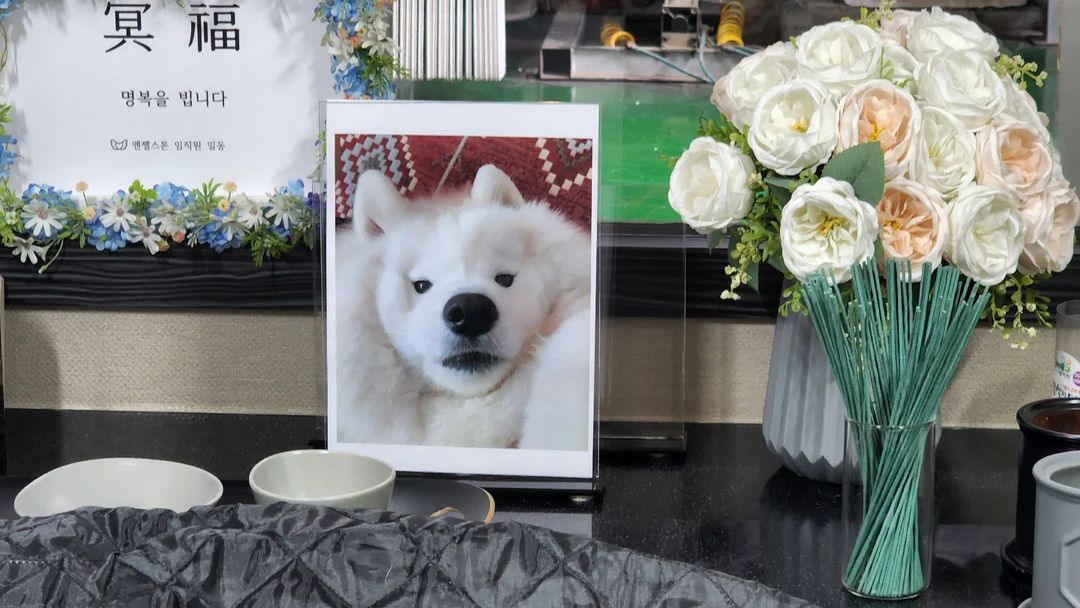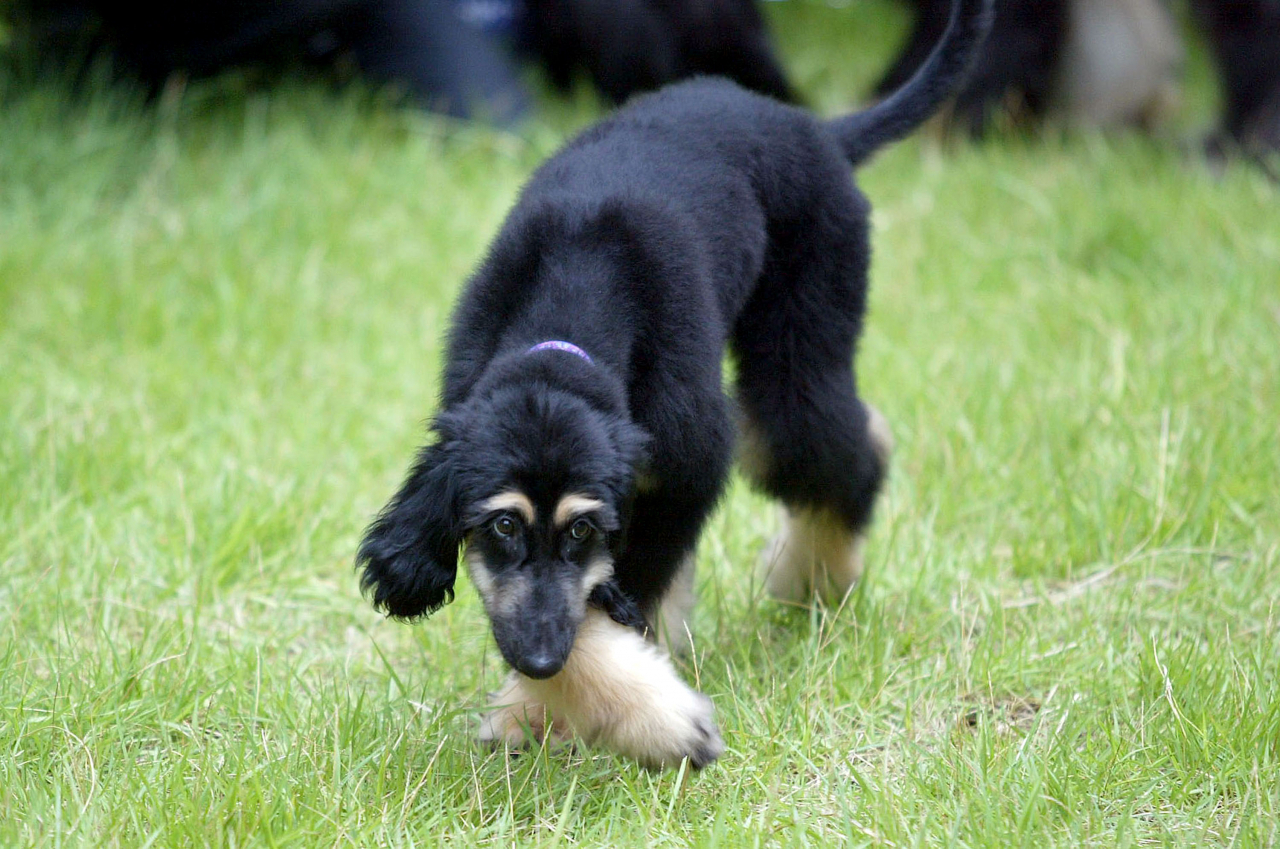Pet cloning in Korea raises concerns over bioethics, regulatory void
Correcting absence of regulatory frameworks imperative for S. Korea, the country which introduced pet cloning to world
By Lee Jung-jooPublished : Jan. 14, 2024 - 15:45

A pet owner nuzzles her puppy Tico after months apart in a heartwarming video uploaded to YouTube on New Year’s Day.
But this is no ordinary reunion.
Tico died in November 2022. The puppy in the video is a clone made to replace her.
For some viewers, this last detail adds a bitter aftertaste to the touching scene.
Animal rights advocates have expressed concern over what cloned dogs go through, and what the surrogate mothers to the cloned pets have to go through to meet the desires of a single pet owner. The lack of transparency within pet cloning laboratories adds further concern.
Animal cloning is legal in South Korea, but the country has no regulatory framework to monitor and restrict abuse that might arise in the process.
Meet Tico and the twin clones
The South Korean YouTube video, titled “My Dog is Back,” sparked controversy online as it revealed how the owner cloned her dog.
After Tico was killed in an accident, the YouTuber asked a pet cloning laboratory to clone her. Two twin puppies that are genetically identical to Tico were born, according to the video.
“After some time, I have reunited with Tico again. She was born as two healthy puppies and came to me at three months old.”
The YouTuber said she made the video in the hope of helping others "overcome pet loss syndrome," which is a set of psychological symptoms associated with the loss of one’s pet. These can include feelings of sadness, guilt, anger and depression, as well as physical symptoms such as a loss of appetite and difficulty sleeping.
However, her video instantly stirred debate online over whether pet cloning is necessary, and whether it is biologically and ethically sound.
While some sympathized with the YouTuber, others expressed their concern, saying that it was dangerous to think of a cloned puppy as the return of a dog that has passed away. Others said that animal cloning was not an appropriate nor a healthy way to deal with the loss of a pet.

Collateral damage
To clone pets like Tico, cloning laboratories use the somatic cell nuclear transfer method. Living cells are obtained from a tissue sample of the passed animal within 24 hours of its death and unfertilized eggs are harvested from what are known as “donor dogs,” and the DNA is removed.
After injecting the nucleus from the original dog’s tissue sample into the DNA-less eggs, the oocytes grow and differentiate in a lab into pluripotent cells, which are then injected into “surrogate mother dogs,” that carry the eggs to term.
Animal rights experts have expressed concern regarding the bioethical implications.
“Several other dogs must be sacrificed to satisfy one pet owner’s needs,” said Shin Joo-woon, an animal rights activist at Korea Animal Rights Advocates.
“Donor dogs must go through multiple procedures for the laboratories to retrieve fertilizable eggs and the surrogate mother dogs must be injected with fertilized eggs multiple times until they are successfully implanted into the dogs’ wombs. It is difficult to say that pet cloning can be ethical under the current circumstances, as it leaves room for potential exploitation and mistreatment.”
The lack of transparency in pet cloning laboratories, in terms of their cloning processes and the number of laboratories that conduct cloning procedures, has also added to the controversy.
"Laws regulating pet cloning and adding transparency in the cloning process are needed to safely conduct the procedures,” Shin said.
Vagueness in the law
Currently, the Animal Protection Act doesn’t include a clause that bans or legalizes animal cloning. While there are laws that limit testing on animals, cloning for personal or commercial reasons falls outside of the scope of the regulations, putting the laboratories engaged in cloning in a legal blind spot.
The current state of the law also makes it difficult to identify which laboratories are engaged in cloning, according to animal rights advocates.
“While a law that specifically mentions the word ‘cloning’ must be added in the Animal Protection Act, a separate law which protects animals that are being tested for commercial reasons is also needed,” said Han Joo-hyun, a lawyer who advocates for animal rights.
Currently, the Laboratory Animal Act only defines animal testing as “testing conducted on laboratory animals for scientific purposes, such as education, testing, research and the production of biological medicines.”
Repairing the regulatory void is imperative for the country that first introduced pet cloning to the world, others say.
In 2005, professor Hwang Woo-suk from Seoul National University, with his team of researchers, successfully cloned an Afghan hound named Snuppy. Hwang and his team received a Guinness World Record at the time for creating the world's first cloned dog.

Though Hwang's career as a professor came to an end after being charged with embezzlement and bioethics law violations, his work on cloning helped pave the way for commercial activities, from cloning service dogs to cloning livestock like dairy cows.
The cloning method then became introduced as a way to overcome pet loss syndrome, as laboratories offering cloning services for dogs, cats and horses began to emerge globally.
In 2017, local media reported that late Samsung Group chairman Lee Kun-hee had cloned his pomeranian, Benji, twice -- as twin puppies in 2010 and as one puppy in 2017. In 2018, American singer and actress Barbra Streisand sparked controversy as she revealed that she had cloned her dog Samantha into two new puppies.
According to Han Kyeong-tae, CEO of KrioAsia, a startup that began to offer dog cloning services in Korea in August 2023 with professor Hwang, the company “conducts an average of five to six dog cloning services a month, up to 10 at the most,” which each last from six to nine months.
Cloning a dog costs between 80 million to 100 million won ($61,000 to $76,000), but there has been an increasing number of pet owners seeking out the service, despite the expense.
Lawyer Han Joo-hyun has called on the government to form an animal ethics committee to oversee cloning procedures in each lab, to monitor “how the dogs are being treated and how (the labs) are abiding by the laws that regulate testing on animals.”
When asked about the absence of a law on pet cloning, an official from the Ministry of Agriculture, Food and Rural Affairs’ Animal Welfare Policy Division commented that the ministry was working to determine whether animal cloning falls under the scope of animal testing.
“The ministry is currently holding active discussions and scrutinizing the Animal Protection Act following the recent controversy surrounding pet cloning,” the official told The Korea Herald.
“We are looking into how the laws regarding animal welfare can be shaped in terms of animal cloning and will make revisions in the future if deemed necessary.”
According to the 2023 data from the KB Management Institute, over 5.52 million households owned a pet. Among them, 3.94 million had dogs.
In a landmark political move, the National Assembly last week passed a special bill that banned the butchering of dogs for the purposes of consumption, a practice for which Korea has been heavily criticized for a long time.




















